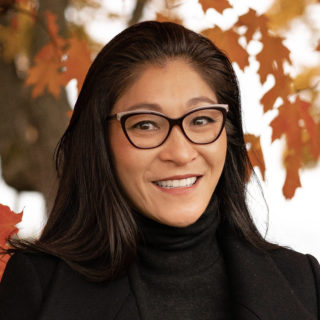
Dr. Junella Chin
DO, Co-Founder & Medical Director
I was a patient before I was a doctor.
When I was 15 I was diagnosed with ankylosing spondylitis, an auto-inflammatory disease of the spine that causes my back to ache from arthritic and shooting nerve pains.
I spent my teenage years cycling through conventional treatments—epidurals, narcotics, muscle relaxants, acupuncture, physical therapy–but the pain was unrelenting. By the time I got to med school in San Francisco I was having a hard time standing for long periods of time in the OR. One of the attending physicians noticed my discomfort and asked me about it. I told him I had AS but that I couldn’t take the heavier meds while I was doing rounds or in a four-hour hip replacement surgery because they made me drowsy and foggy.
He handed me a bottle of tincture. “This is marijuana,” he told me, “but it won’t make you high.” He didn’t call it CBD oil. He just said it’s a different type. It smelled like wet grass and dog.
I had never tried marijuana. I’m from the Bronx and marijuana conjured images of dropouts and gangsters. I was probably the only pre-med at Cornell who had not experimented with it.
“Put a few of the drops under your tongue before bed,” the doctor told me. “My HIV and AIDS patients say it helps them with all sorts of pains.”
I tried my first dose on a Friday night. It made me feel slightly altered, but it was not dissimilar to how I felt after my first glass of wine. By Monday I knew it was working.
Even though California had legalized medical marijuana in 1996, I didn’t dare tell anyone I was using it myself. I didn’t want to jeopardize my young career. But once my health was restored I decided to learn more. I knew how frustrating it was as patient to say the words “I’ve tried everything and it didn’t work,” but now I was hearing it from the other side of the desk.
I wanted to offer my patients an alternative.
Eventually I blended medical cannabis into my integrative medicine practice. I never announced it; patients found me. Parents of kids with epilepsy, people in pain, migraine sufferers, cancer patients on chemotherapy. Word spread. “You can be honest with Dr. Chin,” patients would tell friends and colleagues. “She’ll help you use it in conjunction with your prescriptions. You won’t have to lie.” In ten years, I treated over 10,000 patients in the Bay Area and Los Angeles with medical cannabis.
In 2014 my husband, also an integrative physician, and I moved our family back to New York for personal reasons. This has allowed me to encourage doctors on the East Coast to explore medical cannabis as a treatment modality.
“Education Before Medication” is so important.
The endocannabinoid system still isn’t taught in medical school, but I believe everyone benefits when healthcare providers educate themselves. It’s better to offer patients quality, science-based information as an alternative to what they might pick up on the street.
A self-administered education program like our gives patients confidence to experiment on their own and providers the medical foundation to guide them.”
Doctor of Osteopathic Medicine,
Touro University, San Francisco
Nutrition, Biochemistry, Cornell University
Center for Complementary and Alternative Medicine
Women’s Research, Columbia University
Medical Acupuncture, Harvard University
Hollywood Heart, Board of Advisors
Non-profit dedicated to serving at risk teens with HIV/AIDS
Osteopathic Cranial Academy,
Executive Board Member
Director of Education,
Association of Cannabis Specialists
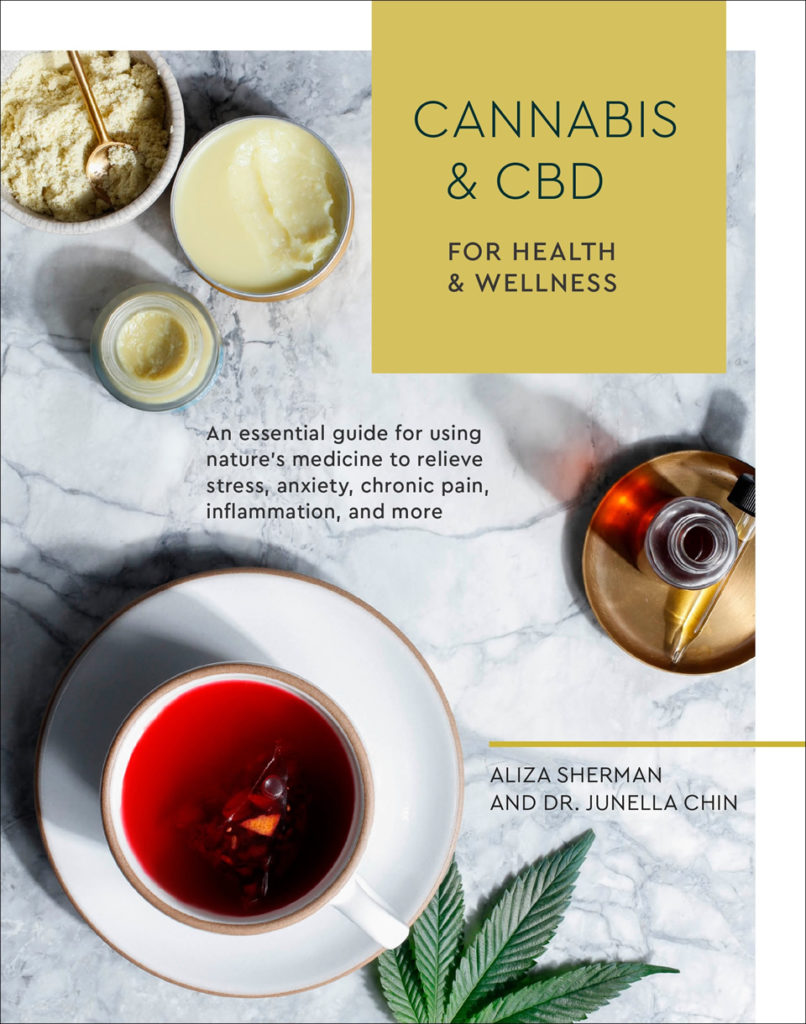
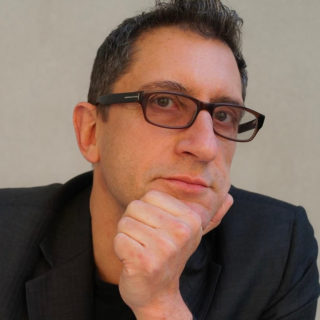
Joe Dolce
Founder & CEO
There is so much confusion about what medical cannabis is and how to use it.
That’s why our mission is ‘Education Before Medication.’ The goal is to separate myth from fact and to bring professionals and patients up to speed quickly. Our materials are based on the latest research and data from the world’s leading scientists and clinicians..
I was introduced to medical cannabis while writing Brave New Weed (Harper Wave, 2016). The reporting led me into the laboratories and offices of the above mentioned scientists and clinicians. Learning about medical cannabis and the body’s endocannabinoid system caused me to rethink everything I had been taught about the plant in specific and plant medicines in general. It redirected the course of my working life.
In the years since, I’ve seen firsthand how it can be used to help people suffering from chronic illnesses (pain, stress, insomnia) and from disruptive diseases like epilepsy or MS. I’ve met war veterans who use it to eradicate some of the harrowing memories associated with PTSD or cancer patients who use it to ameliorate the nausea caused by chemotherapy. Medical cannabis is not a panacea, but it is therapeutically broad and safe.
Before diving into this new world, I founded one of New York City’s most highly regarded Presentation & Media Training companies. I was editor-in-chief of Details magazine and a contributing editor at Gourmet in addition to writing for T: The New York Times Magazine, New York, Rolling Stone, Travel & Leisure, Departures, Leafly, and many others.
My understanding of the healing power of medical cannabis was borne from experience.
I became a patient several years ago when I was hit with a chronic pain condition that no other medication, prescription or over the counter, could treat. Medical cannabis did the trick.
No one should suffer unnecessarily. This is why I decided to share what I have learned with as many people as possible.
Medical Cannabis Mentor, Founder & CEO
Brave New Weed, author, Harper Wave
Joe Dolce Communications,
President & Founder
Star Magazine, Editor-in-Chief
Details Magazine, Editor-in-Chief
Vogue, Senior Editor
Harper’s Bazaar, Senior Editor
New York University, MA Journalism
Northwestern University, BA
Social Psychology/Communication Studies
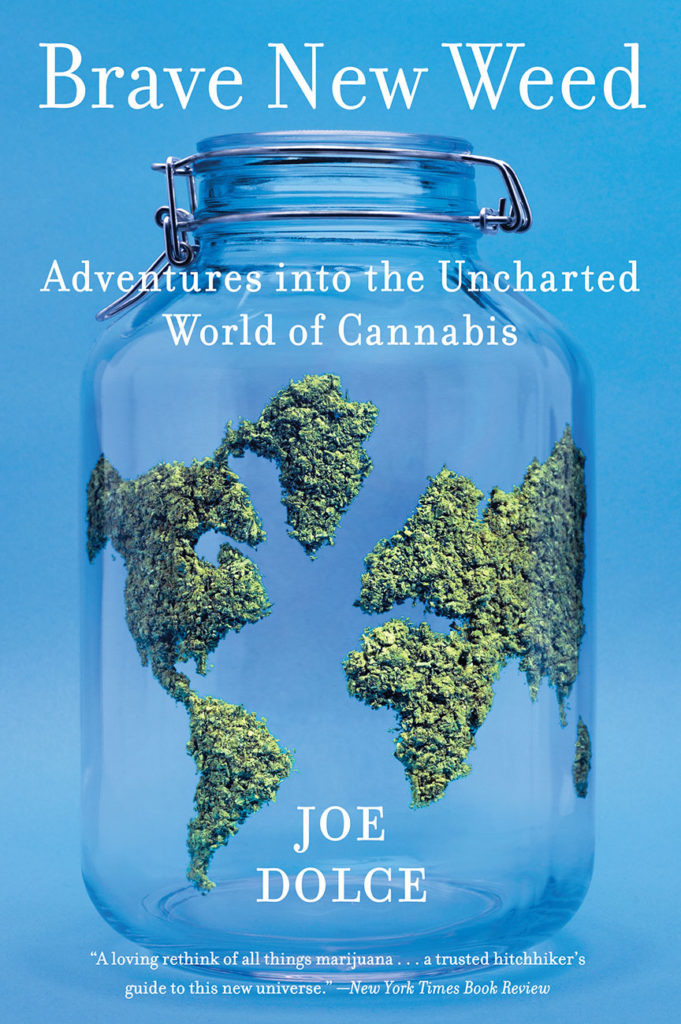
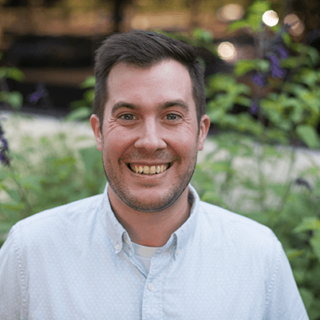
Dr. Matthew Elmes
Science writer, Doctor, Consultant
Dr. Matthew Elmes is a cannabinoid scientist whose professional background spans academia and the cannabis industry. He was Scientific Director for CannaCraft, one of the largest vertically integrated cannabis manufacturers in the US, where he oversaw product formulations, R&D, and cannabis education initiatives.
Dr. Elmes is a consultant for pharmaceutical and cannabis companies, a science writer for the educational nonprofit Project CBD and Medical Cannabis Mentor, and an Adjunct Professor for Stony Brook University’s Department of Biochemistry and Cell Biology, where he teaches about the history, culture, technology, science, and medicinal uses of cannabis. He holds a Ph.D. in Molecular and Cellular Biology from Stony Brook University.
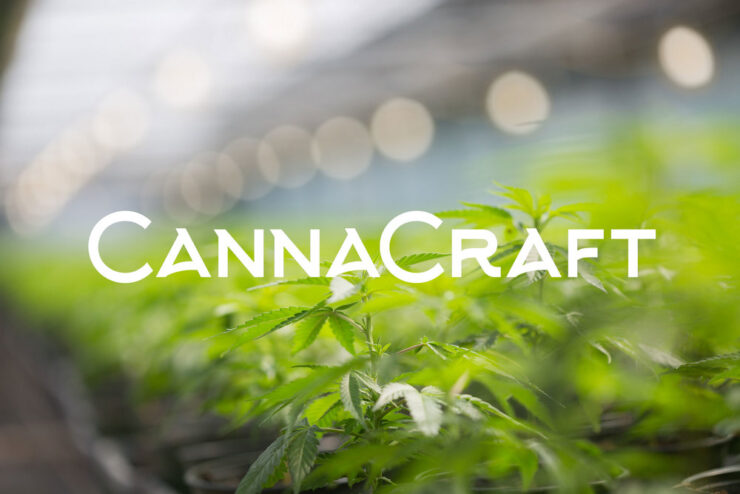
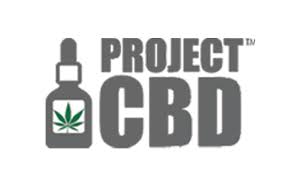
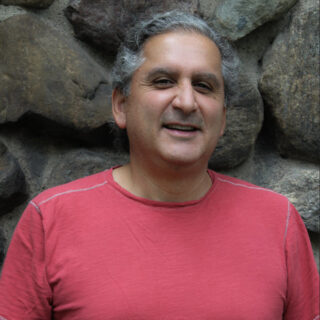
Rob Mejia, Professor, Stockton University, Cannabis Studies
Professor, Stockton University, Cannabis Studies
Rob Mejia is a Professor at Stockton University where he teaches the Introduction to Medical Cannabis, Preparation for Cannabis Internship and Social Justice and Cannabis classes. As one of the leads for the hemp and cannabis internship program, he has helped place dozens of students in valuable internships and jobs. He is often called upon to speak about cannabis at events and to diverse audiences.
He recently helped establish CHRIS – the Cannabis & Hemp Research Initiative at Stockton – as a hemp and non-medical research hub, as well as a cannabis education center. One of the first events that CHRIS hosted was a Cannabis Curriculum Convening which attracted over 30 cannabis professors from across the country. CHRIS continues to offer free ongoing quarterly educational hemp and cannabis panels and sponsors Stockton’s Cannabis Career Fair & Business Expos.
In addition to his teaching duties, Rob is President of Our Community Harvest: A Minority-Owned Cannabis Education company and is an established author. His company provides cannabis education to the public, business owners, and governmental officials. His authorship includes The Essential Cannabis Book: A Field Guide for the Curious, The Essential Cannabis Journal: Personal Notes from the Field and numerous magazine articles including a bi-monthly article for NJ Cannabis Insider called “Prof Mejia’s Weed Corner.”
To round out his cannabis business activities, Rob hosts a number of cooking with cannabis events and represents two cannabis artists, namely, Pat Ryan and Laurence Cherniak.
Finally, Mejia was recently named by NJ Advance Media/NJ.com as one of “22 to Watch in 2022” in the New Jersey cannabis industry. He also made his television debut on RVN TV on January 11th, 2022, on the “New Perspectives” show. In recognition of his advocacy and education efforts, he was the recipient of the Inaugural Excellence in Cannabis Education Award for the state of New Jersey in June 2022.
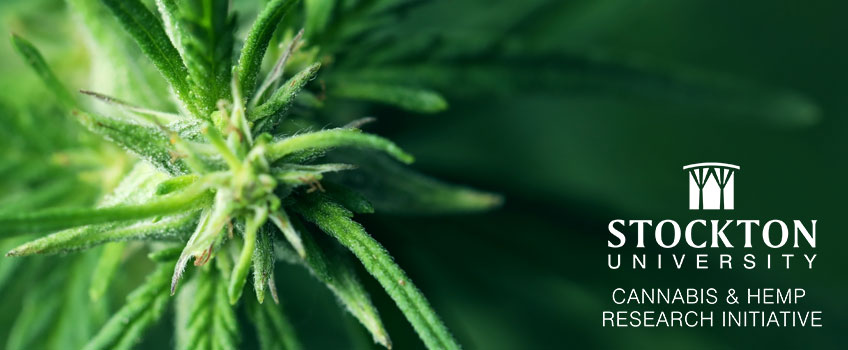

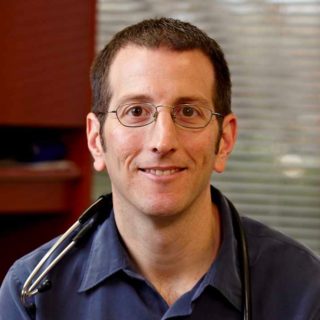
Dr. Dave Gordon
MD, Founder 4 Pillars Functional Medicine
Dr. Dave Gordon has more than 20 years experience working with patients. His passion is providing non-pharmaceutical options for chronic disease prevention and treatment using 4 Pillars — food, movement, relaxation & community — as cornerstones of his integrative approach to medicine.
He received his Medical Doctorate and completed residency training at the University of Colorado and remains on the clinical faculty. He is board-certified in Internal and Integrative Medicine and a Certified Functional Medicine Practitioner with the Institute of Functional Medicine. Currently, Dr. Dave provides medical cannabis and integrative medicine consultations at 4 Pillars Health & Wellness, the practice he owns and operates. He is also the Medical Director at Revive Treatment Centers, a world-renowned neurological rehabilitation and optimization facility that transforms the lives of brain injury survivors.
For over 10 years, Dr. Dave has reviewed research on cannabis and our endocannabinoid system and witnessed the safety and effectiveness of cannabis with patients. He serves on the advisory board of Leaf 411, a non-profit that provides education and support to the general public about the safe use of legal cannabis.
Medical Doctorate, University of Colorado
Internal and Integrative Medicine,
Functional Medicine Practioner,
Institute of Functional Medicine
4 Pillars Health & Wellness, Consultant, Owner
Revive Treatment Centers, Medical Director
Leaf 11, Advisory Board
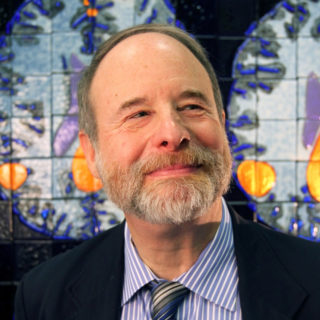
Dr. Godfrey Pearlson
MA, MBBS
Dr. Pearlson is currently founding director of the Olin Neuropsychiatry Research Center at the Institute of Living/Hartford Hospital in Hartford CT and Professor of Psychiatry and Neuroscience at Yale University Medical School.
He is a member of the Board of Physicians that advises the state of Connecticut on which conditions are appropriate for treatment with medical marijuana. He is a member of the Research Society on Marijuana and chairs its neuroscience committee. He is currently examining effects of marijuana on vehicle driving abilities in virtual environments inside the MRI scanner. His book, Weed Science, Cannabis Controversies and Challenges (Academic Press) was published in 2020.
Dr. Pearlson is an National Institute of Mental Health MERIT awardee and currently holds RO1 grants from NIAAA, NIDA, NIDDK and NHTSA. He has been awarded a NARSAD Distinguished Investigator Award, the Ziskind-Sommerfeld Research Award from the Society of Biological Psychiatry, the Albert M. Biele Lectureship from Jefferson Medical College, a Michael Visiting Professorship from the Weizmann Institute, the Dean award in schizophrenia research from the American College of Psychiatrists, the annual Mentorship Award from the American Psychiatric Association and is a member of the Johns Hopkins Society of Scholars for distinguished alumni.
He is also co-founder of the annual BrainDance Competition, which is open to high school and college students across New England. BrainDance encourages students to gain knowledge about psychiatric diseases and to develop a more tolerant and realistic perspective toward people with severe psychiatric problems.
Dr. Pearlson is a certified master gardener in the state of Connecticut.
University of Newcastle upon Tyne, UK
Columbia University
Johns Hopkins University Department of Psychiatry
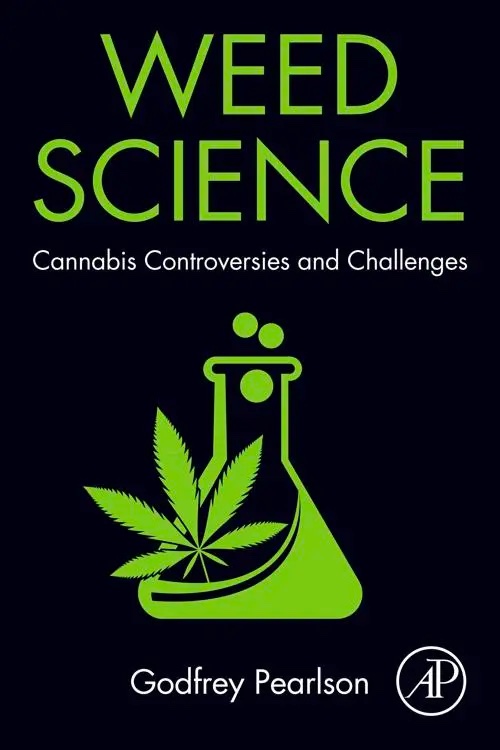
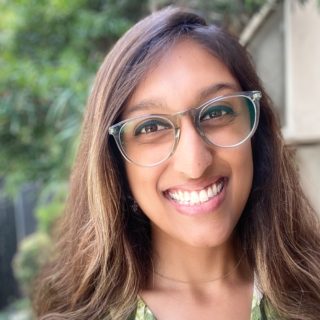
Dr. Swathi Varanasi
PharmD, Integrative Health & Medical Cannabis Pharmacist
What stands between the therapeutic potential of cannabis and its widespread use is education.
I am passionate about educating practitioners, students and patients on the intricacies of the endocannabinoid system and the power of food as medicine.
As a healthcare disrupter, I look for opportunities to break barriers and challenge my western-trained colleagues to think beyond the conventional scope of their practice.
We are often scared of what we do not understand, so let’s change that.
I am a part of the movement to incorporate natural medicines core coursework into healthcare professional curricula across the country and the world.
Doctor of Pharmacy,
Medical University of South Carolina
Plant-Based Nutrition, Cornell University
Bachelor of Arts, Spanish, Carleton College
Chief Pharmacy Officer, CalEthos
Chief Scientific Officer, Element Apothec
TV Show Host, Contemporary Cannabis
Director of Pharmacy, Jade Health
Co-Founder, PharmSupplement
Adjunct Faculty, Emperor’s College of Traditional Chinese Medicine
Executive Committee,
Pharmacy Leadership Network
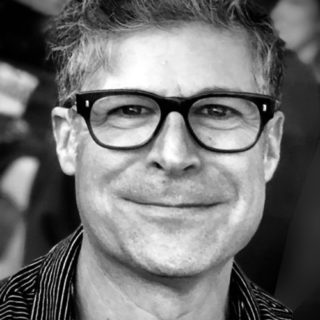
Andrew M. Rosner, JD
Attorney
Andrew takes his inspiration as an attorney from his early work in increasing access to healthcare through advocacy and programmatic solutions. He brings a deep knowledge of the importance of how policy and law shape access to resources and how regulations can work to protect public health.
He spent over ten years as a healthcare attorney where he advocated on behalf of individuals and organizations across a range of healthcare issues. With the legalization of cannabis, Andrew applied his expertise to cannabis and public health. He founded Entertaining Health LLC that specialized in providing public health evaluations, including next-generation plant-based environmental materials and systems. He worked with institutes at Yale University, New York University and, Rensselaer Polytechnic Institute, among others.
He went on to found Hursana LLC, a company that develops medical cannabis programs for healthcare systems. Along with his medical team, Andrew pioneered the development and implementation of cannabis protocols for clinical practice, billing, and practice management. He championed initiatives to enhance patient health literacy connected with cannabis medicines and helped design an approach to evaluation that took into account health and economic impact.
Andrew also founded the New York State Cannabis Growers and Processors Association, Inc. (NYCGPA), a cannabis organization that works directly with New York State in crafting policy, law, and regulations for the cannabis industry. Through his work, Andrew supports the physicians by ensuring compliance with state law while achieving physician and patient satisfaction.
Entertaining Health LLC, Founder
Hursana LLC, Founder
New York State Cannabis Growers and Processors Association, Inc. (NYCGPA), Founder
